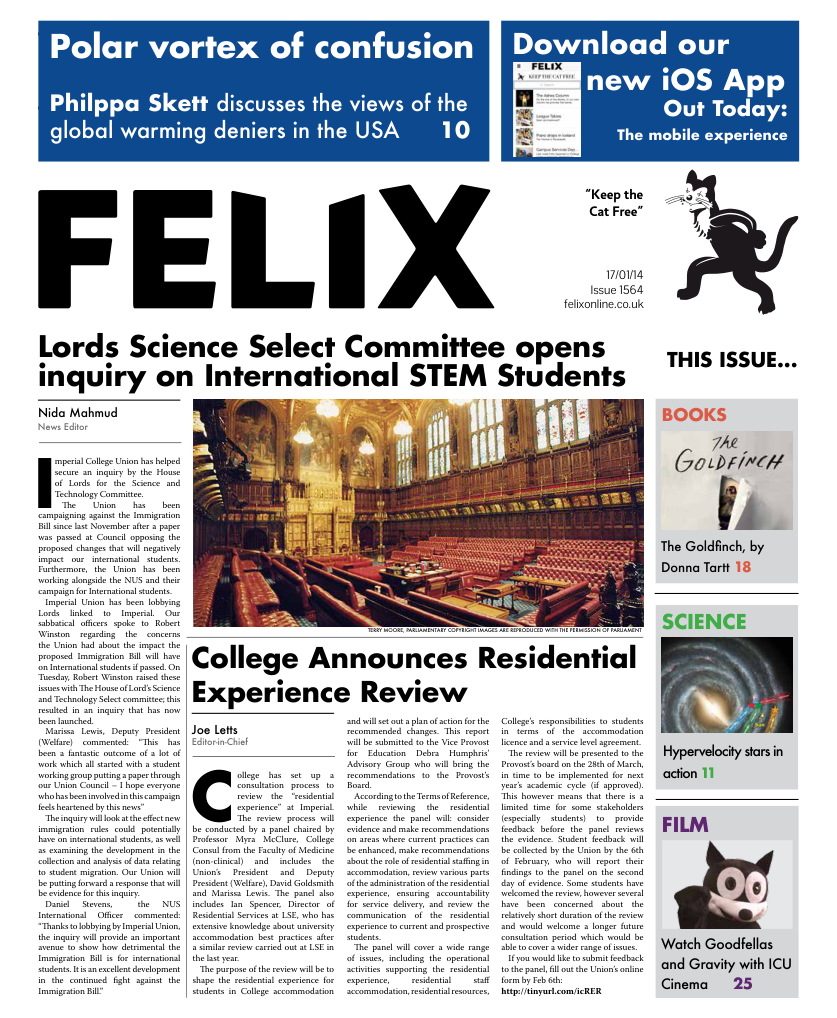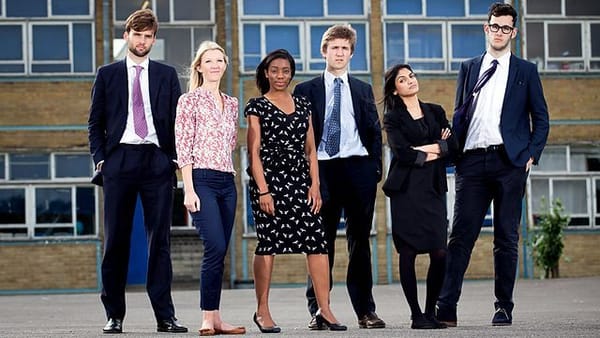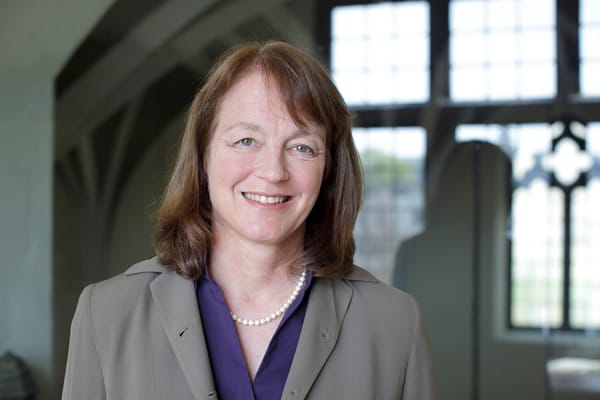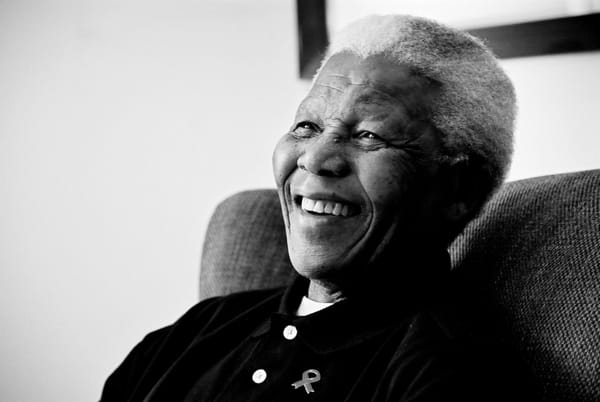Cops Off Campus – The Saga Continues
Students vow to “keep the momentum going” as the Cops off Campus campaign call another demonstration on 22 January.
Students vow to “keep the momentum going” as the Cops off Campus campaign call another demonstration on 22 January. Three years on from the increase in tuition fees and the student protests that followed, university campuses are faced with fresh opposition as the recent protests against police presence on campus culminated in thousands of students marching through Bloomsbury.
Cops off Campus demonstrations which began after the breakup of the Senate House occupations, at UCL on December 4 2013, where students demanded pensions for outsourced cleaning staff and to save the University of London Union from being abolished. Chris Cobb, the university’s Chief Operating Officer, said the occupation: “was a disgraceful and aggressive act, which placed the safety of [our] staff at risk”. The University of London has taken out an injunction preventing “violent and intimidating” protests on its campuses.
University of London Union (ULU) immediately condemned the Police and security staffs for the eviction, claiming many students were assaulted. Two particularly controversial videos shows a police officer punching a protester in the face and a woman slammed onto the pavement, the videos ended up featuring across national media including The Guardian, and The BBC. The Met Police said they had not received any complaints about the actions of officers at the protests.
ULU sabbatical officers released a statement stating: “Anyone who thinks that what happened tonight was reasonable is not fit to run a university.” The next 48 hours saw further protests at Bloomsbury, which resulted in 40 students arrested including a student from Imperial College London.
On December 10, Imperial Student Union Council passed the motion “Criminalisation of Student Protest” with an addendum which condemnes: “violent policing”, “disabling bail conditions” and a declared of their “refusal to be intimidated by these recent events”. Although, the request to provide £100 of travel expenses to students to attend campaign meetings was rejected.
Deputy President (Finance & Services) Kieron Creagh questioned the relevance of this campaign to Imperial students, as he believes the majority of Imperial students are politically apathetic. The Senate House occupation demand to keep ULU open may not relate to many students on campus since Imperial College withdrew from University of London on 8 July 2007.
However, a non-voting member argued: “If the situation were reversed and we were being shut down I would hope that we would have students up and down the country come and support us”
The proposer, Andrew Tranter, said to Felix: “In the past few months we’ve seen police throwing punches at peaceful protestors, arresting journalists and using bail conditions to stop students from studying. Imperial students are affected by this because everyone is affected – what we’re witnessing is nothing short of a violent suppression of our fundamental right to protest.”
December 11 was the Cops off Campus national day of action that had 4000 students in attendance, according to Channel 4. The protest had minimal police presence, with most keeping a safe distance. While the demonstration was mostly peaceful, one bin was set on fire and a small group of demonstrators attempted to break the injunction and enter Senate House.
Students marched through the Royal Courts of Justice, where they held a rally in support for Mark Duggan during the inquest. The protest came to an end outside ULU at 6pm, with no arrests. With mass meetings and protests planned in the New Year, student protestors want to “take the fight to University management.”








